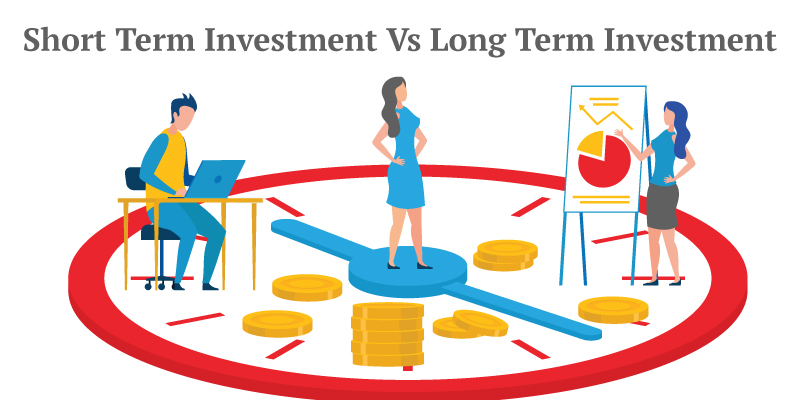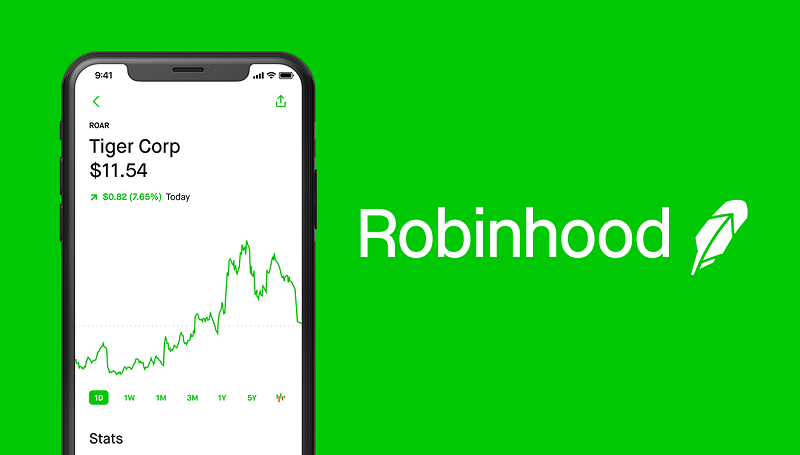What's the differences: Direct Investment vs. Indirect Investment
Investing is a crucial aspect of personal finance and wealth management. However, there are different ways to invest your money, including direct and indirect investments. Understanding these investment types can help you make informed decisions and achieve your financial goals.
What is Direct Investment?
Direct investment refers to when an individual or entity invests in a specific asset or business. In other words, the investor owns the asset or business directly and has control over its management and operations. Direct investments can include real estate, stocks, bonds, private equity, and venture capital.
One of the advantages of direct investment is that the investor has more control over their investment. They can make strategic decisions that align with their financial goals and risk tolerance. Additionally, direct investments can offer higher returns compared to other types of investments.
However, direct investment also comes with risks. The investor is solely responsible for managing and monitoring their investment, which requires time, effort, and expertise. Moreover, direct investments can be illiquid, meaning it may be challenging to sell or convert the asset into cash quickly.
Examples of Direct Investment
1. Real Estate: An individual purchases a rental property and earns income from rent payments.
2. Stocks: An individual buys shares in a publicly traded company and receives dividends from the company's profits.
3. Private Equity: An investor provides capital to a private company in exchange for ownership and a share of the company's profits.
What is Indirect Investment?
Indirect investment refers to when an individual or entity invests in a portfolio of assets through an intermediary, such as a mutual fund or exchange-traded fund (ETF). In this case, the investor does not own the underlying assets directly but rather owns shares in the intermediary that holds the assets.
One of the advantages of indirect investment is that it offers diversification. The investor can invest in a range of assets with varying risk levels, which can help reduce overall portfolio risk. Additionally, indirect investment is typically more accessible and requires less expertise than direct investment.
However, indirect investment also comes with disadvantages. The investor has limited control over their investment since they do not own the underlying assets directly. Additionally, indirect investments can have higher fees and expenses compared to direct investments.
Examples of Indirect Investment
1. Mutual Funds: An investor buys shares in a mutual fund that holds a portfolio of stocks, bonds, or other assets.
2. Exchange-Traded Funds (ETFs): An investor buys shares in an ETF that tracks a specific market index or sector.
3. Hedge Funds: An investor provides capital to a hedge fund that employs sophisticated investment strategies to generate high returns.

What is the difference between direct investment and indirect investment?
Direct investment involves investing in a specific asset, such as purchasing stock or real estate, whereas indirect investment involves investing in a fund or pool of assets managed by a third party, such as a mutual fund or exchange-traded fund (ETF).
Direct and indirect investments offer different advantages and disadvantages for investors. Direct investments provide more control but require more expertise and effort, while indirect investments offer diversification but limit control over the underlying assets. Ultimately, the choice between direct and indirect investment depends on an individual's financial goals, risk tolerance, and investment expertise.
Long-Term Investment vs Short-Term Investment: How to Choose?
Investing is an important part of building wealth and securing a stable financial future. However, there are different strategies for investing, and it can be challenging to decide which one is right for you. Two common approaches are long-term investment and short-term investment. In this article,
The 10 Largest Stock Exchanges in the World
The 10 Largest Stock Exchanges in the WorldIn the realm of global finance, stock exchanges play a pivotal role in facilitating the buying and selling of securities. These exchanges provide a platform for businesses to raise capital and for investors to trade stocks, bonds, and other financial instru
For Investors: Is there a chance for those battered stock markets?
A version of this story first appeared in CNN Business’ Before the Bell newsletter. Not a subscriber? You can sign upright here. You can listen to an audio version of the newsletter by clicking the sa...
5 Best Investment Apps - 2023
In today's fast-paced digital world, investing has become more accessible than ever before. Gone are the days of relying solely on traditional brokerage firms and financial advisors. With the rise of investment apps, anyone with a smartphone can now take control of their financial future. In thi








